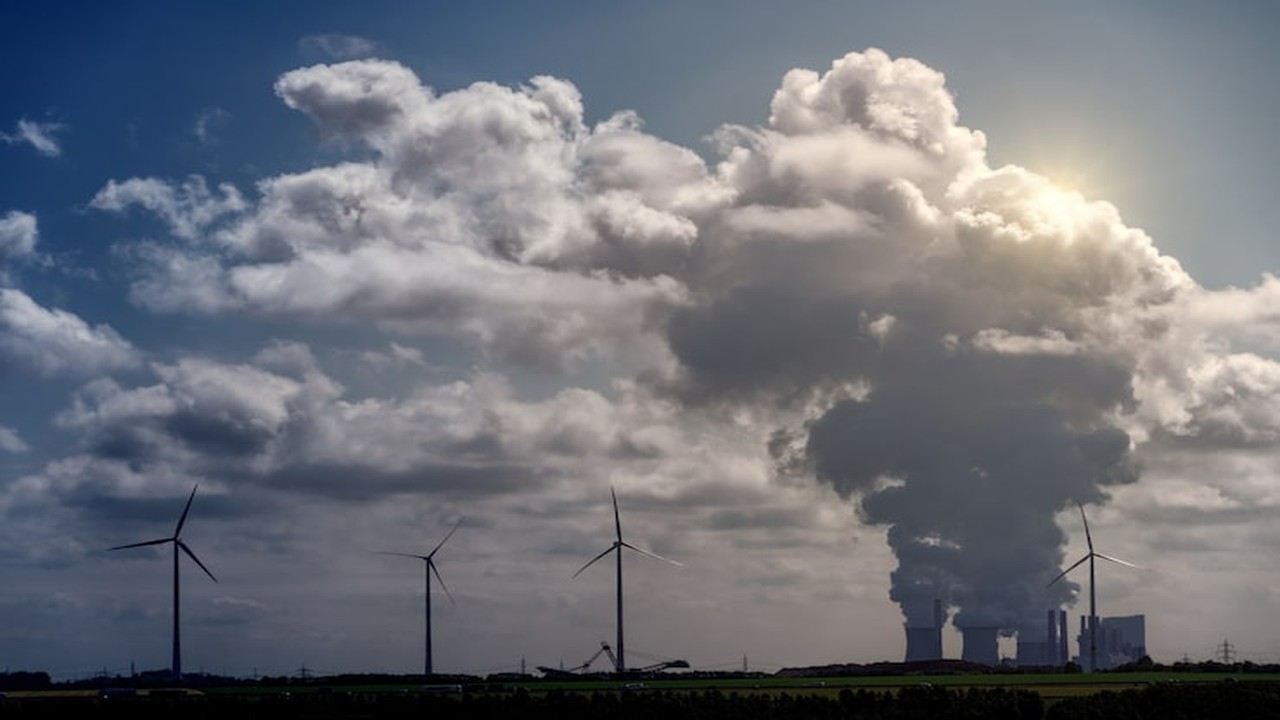 Ralph Lauren is making waves in sustainability with its latest 2025 Global Citizenship & Sustainability Report. The fashion giant not only exceeded its 2030 emissions reduction target but also unveiled a strategic shift towards setting rolling five-year GHG reduction milestones. With a focus on decarbonization and tangible progress across various fronts, including renewable energy and supply chain empowerment, Ralph Lauren is setting a new standard for sustainable business practices. Stay tuned for a deep dive into the company's evolving approach and impactful achievements.
Ralph Lauren is making waves in sustainability with its latest 2025 Global Citizenship & Sustainability Report. The fashion giant not only exceeded its 2030 emissions reduction target but also unveiled a strategic shift towards setting rolling five-year GHG reduction milestones. With a focus on decarbonization and tangible progress across various fronts, including renewable energy and supply chain empowerment, Ralph Lauren is setting a new standard for sustainable business practices. Stay tuned for a deep dive into the company's evolving approach and impactful achievements.
Decarbonization Strategy Evolution
Ralph Lauren's strategic shift towards setting rolling five-year GHG reduction milestones marks a significant evolution in its decarbonization approach. By surpassing its 2030 emissions reduction target five years ahead of schedule and recalibrating its climate framework, the company demonstrates a proactive stance towards sustainability. This move not only showcases Ralph Lauren's commitment to environmental stewardship but also highlights the importance of adaptability in addressing systemic challenges within the apparel sector. The decision to focus on science-based decarbonization methods while considering the wider ecosystem and regulatory environment reflects a holistic and forward-thinking approach to sustainability.
Tangible Environmental Progress
In its 2025 Global Citizenship & Sustainability Report, Ralph Lauren showcased tangible progress on various environmental fronts. Achieving the target of powering its facilities with 100% renewable electricity underscores the company's dedication to reducing its carbon footprint. Moreover, the substantial drop in total water usage across operations and the value chain signifies a proactive stance towards water stewardship. By exceeding its 2030 emissions reduction target and ensuring that a significant portion of its units meet sustainable material criteria, Ralph Lauren sets a high standard for environmental performance in the fashion industry.
Consumer-Facing Initiatives and Supply Chain Empowerment
Beyond internal operations, Ralph Lauren's expansion of consumer-facing programs demonstrates a commitment to engaging customers in sustainability efforts. Introducing initiatives like the Cradle to Cradle Certified products, denim recycling programs, and repair services not only promotes circularity but also educates consumers on responsible consumption. Furthermore, the company's efforts in empowering supply chain employees through programs like RISE highlight a dedication to improving the livelihoods of workers across its value chain. By reaching over 144,000 employees and aiming for further growth, Ralph Lauren showcases a comprehensive approach to sustainability that extends beyond its own operations.
Ongoing Evolution and Future Plans
Ralph Lauren's emphasis on continuous evolution in its sustainability strategy sets the stage for future progress. With plans to detail the next chapter of its Timeless by Design strategy in early 2026, the company signals a long-term commitment to sustainability. By building on the progress and strategic recalibrations outlined in the current report, Ralph Lauren positions itself as a leader in sustainable business practices. This forward-looking approach not only ensures that the company remains at the forefront of environmental and social responsibility but also sets a benchmark for the industry to follow in integrating sustainability into core business practices.
Conclusion
Ralph Lauren's groundbreaking strides in sustainability, as showcased in its 2025 Global Citizenship & Sustainability Report, exemplify a paradigm shift towards holistic environmental stewardship and supply chain empowerment in the fashion industry. By surpassing emissions targets, embracing renewable energy, and engaging consumers in circularity, Ralph Lauren sets a new standard for sustainable business practices. As the company embarks on its next chapter of sustainability with a focus on continuous evolution, it not only cements its leadership position but also inspires the industry to integrate sustainability into the fabric of their operations. This transformative journey underscores the power of proactive adaptation and long-term commitment, urging stakeholders to embrace sustainable practices for a better future.